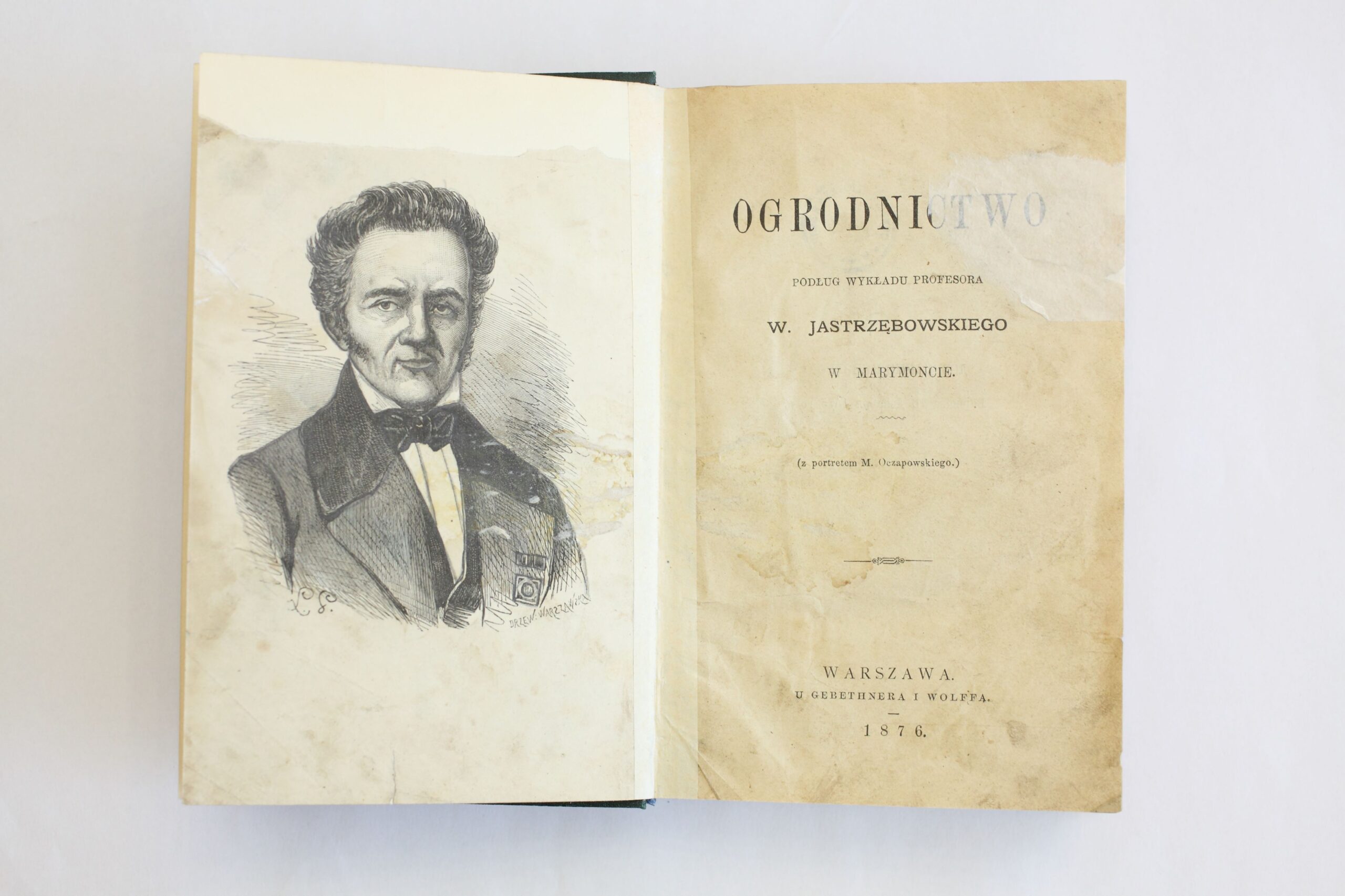Celebrating European Visionary: Wojciech Bogumił Jastrzębowski and His “Constitution for Europe”


This July, on the occasion of the anniversary of the post-war reconstruction of Warsaw’s Old Town, at the Central Archives of Historical Records in Warsaw, the original handwritten text of “The Constitution for Europe” by Wojciech Bogumił Jastrzębowski from 1831 is presented.
In addition to his political activities, Jastrzębowski (1799-1882) was also a botanist, agronomist, creator of the sundial and other devices – a versatile man, a visionary and discoverer, the author of books in various fields.
“The Constitution for Europe,” subtitled “A Treaty on the Eternal Alliance between Civilized Nations,” is a groundbreaking document that prefigured many of the principles now embodied in the European Union. Jastrzębowski wrote this treaty under the profound impact of the Battle of Olszynka Grochowska in February 1831, where he served as a gunner. The battle was a brutal conflict between the Polish and Russian armies, resulting in nearly 17,000 casualties within 24 hours.
Witnessing such devastation firsthand, Jastrzębowski was driven by a deep conviction that peace was paramount to prevent future tragedies. His vision encompassed a free society, moving away from despotism and slavery toward unity and cooperation among nations. The “Constitution for Europe” outlined a prophetic framework for European unity, advocating for principles such as universal suffrage, freedom of religion, and the establishment of a “Guard of Rights” to oversee and enforce these values.
“The Constitution for Europe” remains valid to this day. The European values promoted by: universal (almost) elections, freedom of religion or the creation of the Guard of Rights (point 50) – a kind of government under the ruler (Patriarch) to supervise the whole and enforce the rights – are also associated with Article VII of the 3th May Constitution from 1791, an EHL Awarded Site.
In addition to the screening of the document at the Archives’ headquarters, on the main square of the Old Town, actors are reading fragments of “Constitution for Europe” on stage and The Archives is presenting an exhibition dedicated to W.B. Jastrzębowski and the website.
The May 3, 1791 Constitution, Warsaw, Poland was awarded the European Heirtage Label in 2014
